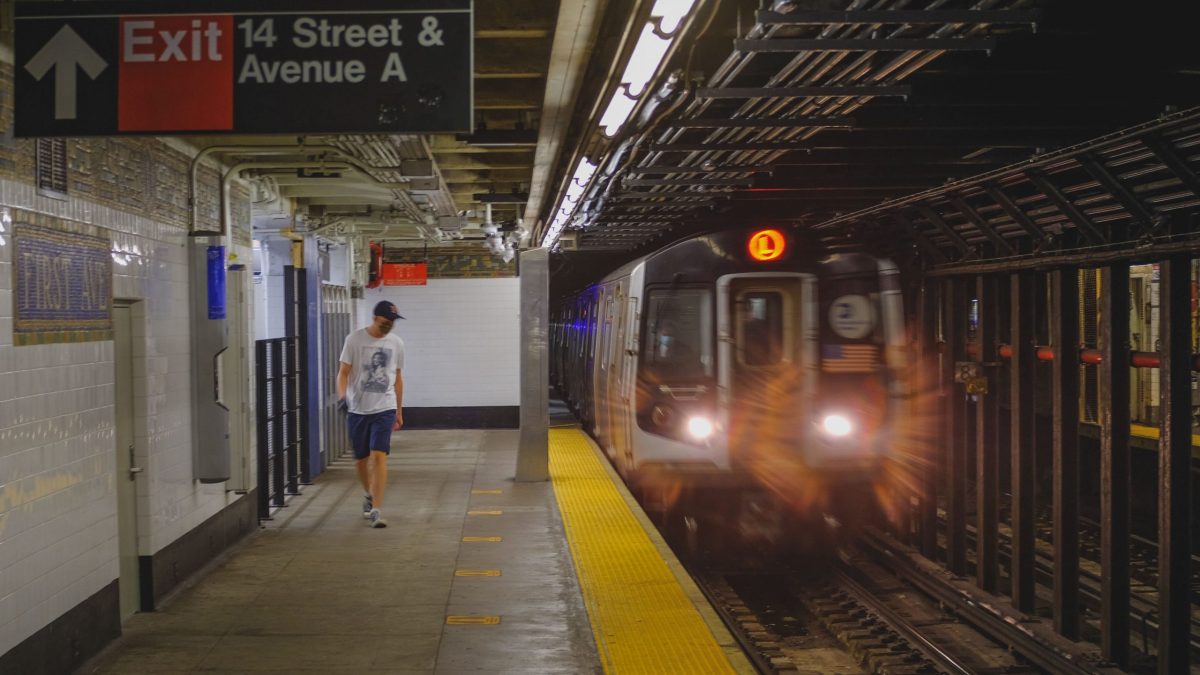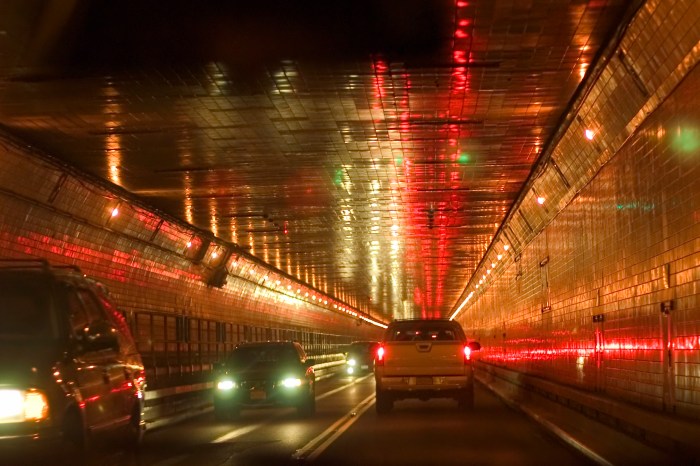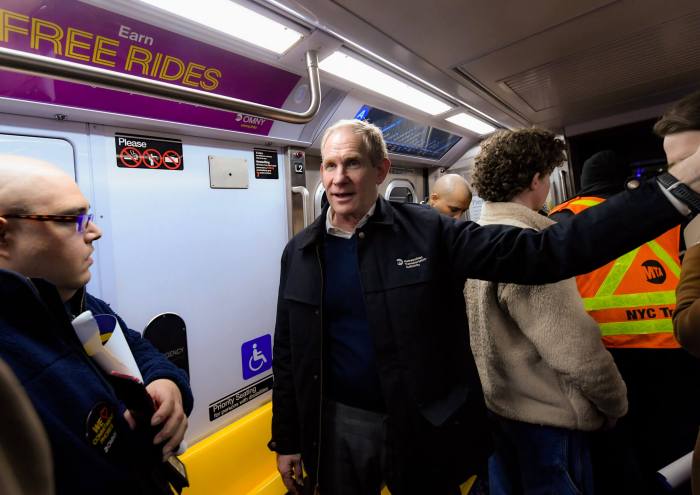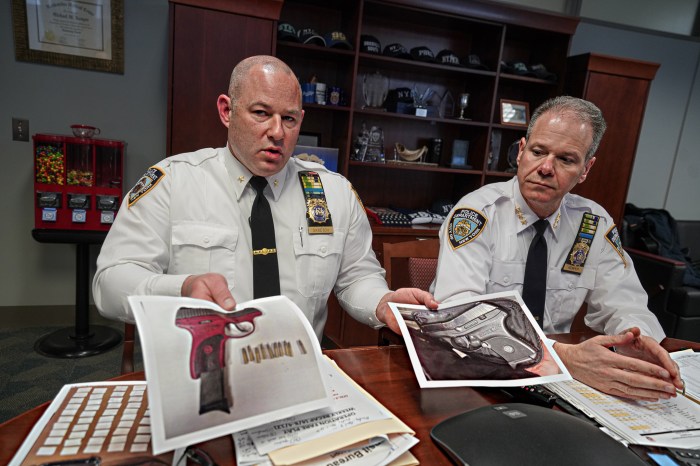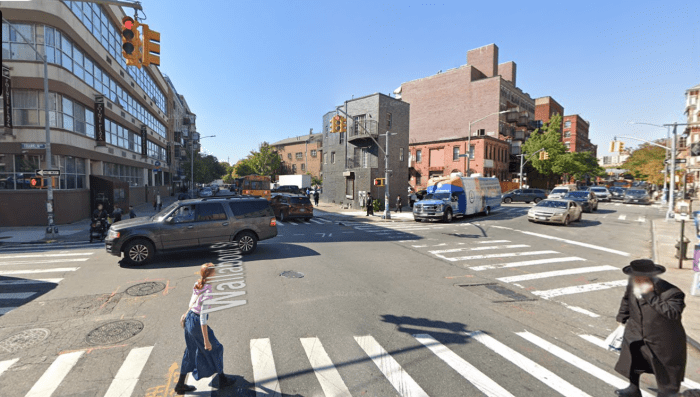Governor Andrew Cuomo inadvertently stirred the pot Tuesday when calling for federal funding from Senate Republicans in Washington, stating that if New York does benefit from another stimulus soon, a fare increase mass transit would be the only option.
Not only does Cuomo foresee construction at JFK and LaGuardia airports slowing, but the state will no longer be able to provide funding to the MTA. This is not news as the MTA announced last week that CARES Act funding was totally exhausted and that next year could bring a $5 billion deficit.
Not only do transit advocates see a fare hike as damaging to already gutted ridership, but the new stimulus bill expected to be adopted by the U.S. Senate includes zero funding for mass transit across the nation as well as offering no support for state and local governments.
“The HEALS Act put forward by the U.S. Senate is shameful. This backwards bill will only further devastate our country and economy with no dedicated funding for mass transit – the circulatory system of the nation – and no new support for state and local governments,” MTA Chairman Pat Foye said. “We need an injection of $3.9 billion in additional emergency federal funding just to keep the lights on this year.”
MTA Chief Financial Officer Bob Foran said in the July board meeting that service cuts and a fare hike should be considered to fund operations, but no plans are currently released at this point in time.
“This operating shortfall is compounded by the loss of $1 billion annually beginning in 2021 in congestion pricing revenues due to federal inaction, bringing the total to $12 billion,” Foye added. “Without federal relief, the MTA will have no other choice but to make drastic service reductions, pandemic-related fare and toll increases, job cuts, or gut our historic capital plan. None of this can be allowed to happen – we can’t afford to turn the clock back to the bad old days of the 1970s.”
MTA had stored much of their hope in the HEROES Act. But after the bill passed Congress on May 15, Senate Majority Leader Mitch McConnell refused to bring the bill to the floor for a vote having at one referred to it as a “blue state bailout.” At the time it was primarily New York, California and Washington experience the worst of COVID-19. Now Texas, Arizona and Florida are the national epicenters.
Transit advocates told the MTA on Tuesday that a fare hike would be a catastrophic, only doing more damage to the already struggling ridership that was reduced by over 90% over the course of the pandemic.



